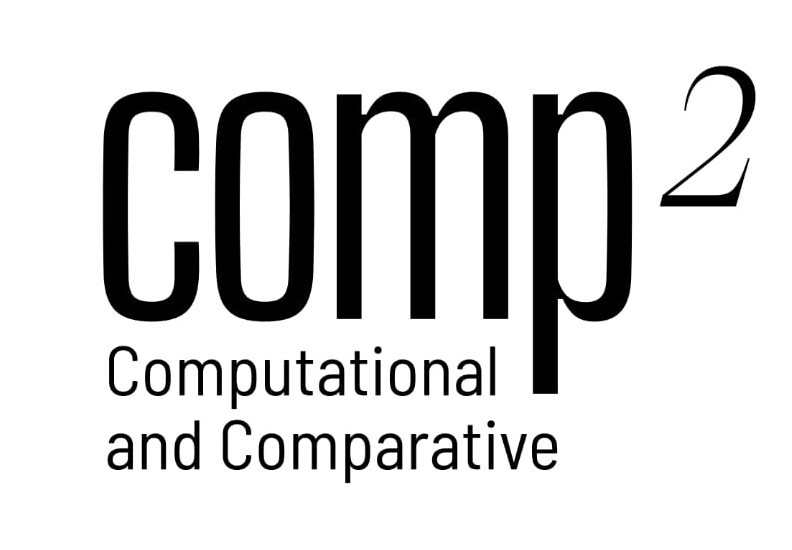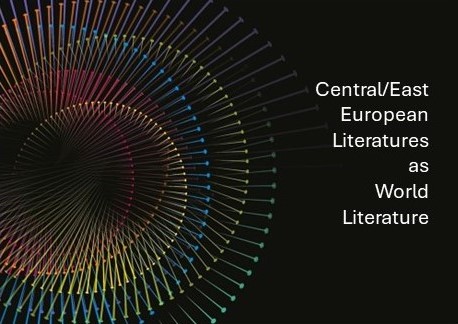Project Title: Digital Methods for a Comparative Study of Central European Literary History
Project Partners:
- Research Centre for Humanities, Institute of Literary Studies: https://iti.abtk.hu/en
- Institute of Polish Language, Polish Academy of Sciences: https://ijp.pan.pl/en/, https://computationalstylistics.github.io/
- The Institute of Literary Research of the Polish Academy of Sciences: https://ibl.waw.pl/en/
- Czech Academy of Sciences, Institute of Czech Literature: https://ucl.cas.cz/en/
The project is supported by the Visegrad Fund (Visegrad Grant, Project 22430232)

Description of the project
Literature and cultural studies are increasingly dealing with the question of regionality, and in this context with the Central European or Visegrad region as a unique field of world literature. Typically, research examines cultural relations between nations in this region, their historical specificities, and how the region is represented in global literature. Despite the large textual sample required for such studies, Digital Humanities (DH) methodologies are seldom employed. While there are a few computational literary studies in the area, there has been no coordinated effort. This project aims to bring together leading DH researchers from the Visegrad countries to develop a regional literary historiography using digital literary studies. By doing so, we will identify the limitations of existing DH methods for less-researched languages like Polish, Czech, and Hungarian, and create new approaches based on previous experiences. This research is vital not only from a methodological standpoint but also for gaining deeper insights into the region’s shared yet diverse history. Data-driven analysis can reveal hidden patterns that traditional methods might overlook. For instance, we can examine how the cultural memories of Visegrad countries are structured, which translations historically shaped the literary field, and what stylistic or thematic features characterize the literature of certain periods. Ultimately, this project aims to deepen our understanding of Central European literary traditions using innovative digital tools.
To establish a regional literary historiography based on Digital Humanities (DH), we aim to bring together prominent researchers from the Visegrad countries for collaborative research. Scholars from institutions such as HUN-REN RCH, Institute for Literary Studies (Budapest), the Polish Academy of Sciences (Krakow and Warsaw), and the Czech Academy of Sciences (Prague) will participate. Each institution will contribute 2-3 researchers, ensuring effective collaboration within this small group. Guest lecturers from other Central and Eastern European countries, like Romania and Slovenia, will further enrich the project by sharing their perspectives. We plan two major workshops. The first, held in Budapest, will focus on sharing experiences and developing research directions. Afterward, participants will collaborate online, with smaller groups working on specific topics. The second workshop, six months later in Krakow, will involve presenting findings and will double as a short conference open to a wider audience. This project will not only enhance collaboration among Visegrad countries but also lay the groundwork for a cohesive regional historiography using DH techniques.
We plan to develop two key approaches in the research: - Historical-poetic comparison of similar corpora (like PoeTree, ELTeC or DraCor) from the region, focusing primarily on the 19th and early 20th centuries. This will involve methods such as stylometry and text mining to compare literary works across national boundaries. - Comparison of bibliographic and biographical metadata, analyzed from a literary-historical perspective. While similar research has been conducted at a national level, or in comparisons between two countries, this project will integrate and expand upon those efforts. By linking data across multiple countries, we aim to uncover new insights and provide a broader perspective on regional literary history. In terms of metadata research, combining existing national studies will enhance understanding of the region’s cultural and literary dynamics in ways not previously possible. In the historical-poetic comparison, the project is breaking new ground, as no prior research has systematically explored the literary history of this region in this manner. By working together, researchers from different national contexts can generate collective knowledge and interpretations that go beyond what could be achieved in a purely national framework, opening the door to genuinely innovative discoveries about Central European literary history.

